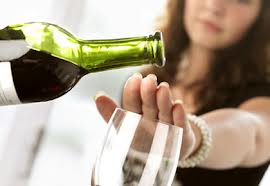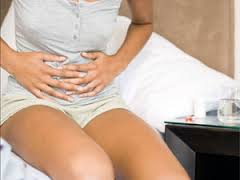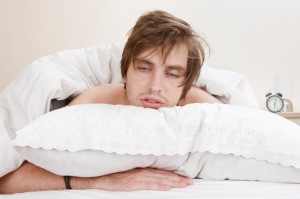How to stop drinking
 Drinking isn’t a scary thing until it becomes a problem. It gets especially scary when you find yourself drinking even when you don’t want to. It can seem impossible to overcome your drinking but there are actually steps you can to stop drinking. As long as you haven’t reached the point of no return you can do what you need to rewind and stop your problem drinking in its tracks.
Drinking isn’t a scary thing until it becomes a problem. It gets especially scary when you find yourself drinking even when you don’t want to. It can seem impossible to overcome your drinking but there are actually steps you can to stop drinking. As long as you haven’t reached the point of no return you can do what you need to rewind and stop your problem drinking in its tracks.
How to stop drinking: acknowledge why you do it
Why do you engage in your drinking? You have to be able to answer that question in order to stop drinking. Is it to help you with anxiety and stress? It may be hard to admit why you have you are drinking but you can’t change what you don’t acknowledge exists. Admit why you engage in the problem drinking to yourself and you are on your to stopping drinking.
How to stop drinking: Think rational thoughts instead of sitting in denial
You probably understand at a conscious and intellectual level that your drinking is unhealthy yet you keep on using or drinking and this baffles you. If you are in denial about your drinking this is probably why. If you can’t get through the day without a shot of vodka, you may be self-medicating and if you have reached the point of knowing its bad and can’t stop you may need outside help from something like a drug rehab to stop drinking. Realizing this is a rational thought.
How to stop drinking: Using coping skills
People never break bad habits they merely replace them with new ones. Recognize that you get a reward of some sort from smoking, using drugs, and drinking. Find something else to give you that reward and you have found new coping skills and have stopped the drinking. If you have reached the point of no return and need to attend rehab it is still a very good idea to find new coping skills for life for when you are out of rehab. Finding new coping skills can stop drinking in its tracks. And if you can stop drinking then you can begin to live a healthy life again. You have the ability to quiet yourself without drugs and alcohol; without your alcohol. You also have the ability to reduce stress without drugs and alcohol. Find new things to use to stop drinking instead of drugs and alcohol which fuel it.
How to stop drinking: Have a support system and become accountable
If you truly want to stop drinking and get clean then you are going to need help from people and you are going to need to be accountable to those people. Accountability means showing up when you say you are going to and no longer engaging in alcoholic drinking behaviors like being flaky. The support system you have is meant to help you stop drinking by telling you the truth about yourself when you want to go into denial about your drinking. Your support system will also help you to find new ways to be healthier and do those things with you. Support and accountability can also come in the form of rehab to stop drinking.



